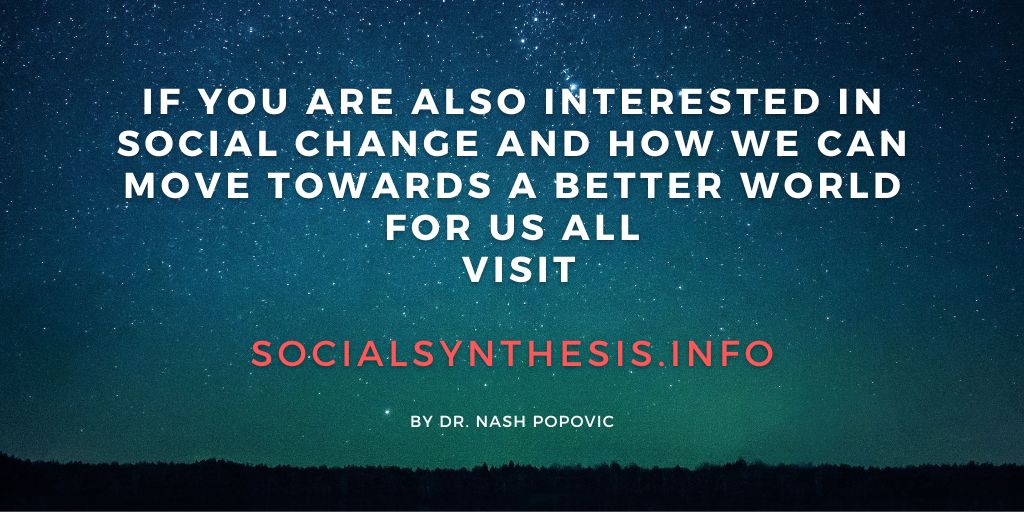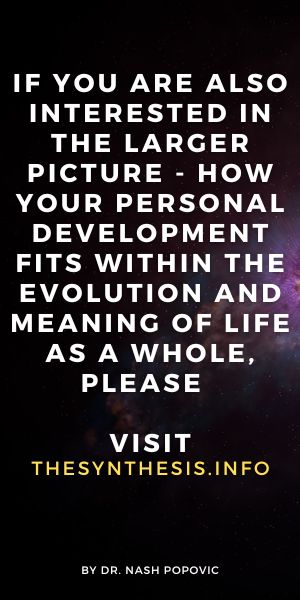62. Intrinsic Relationships
Of all the means which are procured by wisdom to ensure happiness throughout the whole of life, by far the most important is the acquisition of friends.
Epicurus (ancient Greek philosopher)
This area is based on the universal human need (sometimes called ‘affiliative need’) to be with others. Intrinsic relationship can spontaneously appear in any situation. For instance, you may have a chat with a shop assistant or a stranger in a train for no particular reason; it is also an important component of intimate relationships. However, the most prominent type of intrinsic relationship is friendship, so this is what we will mostly focus on here.
What matters in intrinsic relationships
An intrinsic relationship is a relationship that is an end in itself – its main purpose is to be with others. So, instrumental motives (wanting or trying to get something out of your friends) can spoil it. This is not to say that friends should not or cannot help each other, but when friendship is used as a bargaining chip to make others do something for you, it ceases to be a real friendship. Some other things really matter in this type of relationships.
Affective elements of intrinsic relationship
Intrinsic relationships usually include an affective component (we tend to like or love our friends). These feelings can be stimulating and refreshing because they relieve us from being preoccupied with ourselves. However, there is a catch: we also want to be liked and loved, but if we like and love others in order to be liked and loved, this is not intrinsic anymore. It becomes instrumental – which others can easily pick up. So, what can we do about this? Start by liking and loving yourself to reduce dependency on others. Then you can like or love others without expecting them to return it. There may be some truth in the saying that ‘unless you love yourself you cannot love another’. Ideally, loving and being loved get blended like a smoothie! Liking and loving need to be nurtured though, for which some other ingredients are necessary.
Closeness and trust
Closeness and trust are the defining features of friendship. What leads to closeness is self-disclosure, the revelation of our personal layers. This sort of openness means, in a way, placing yourself in your friends’ hands; so how far you go in this respect depends on the extent to which you can trust them and to the extent of the closeness that all involved seek to achieve. This simply means not going further than you feel comfortable. Of course, the same applies the other way around. It is important to be aware of how others feel and what they want. Trying to get close too quickly or forcing closeness may provoke anxiety, destabilise the relationship and alienate others. Moreover, if a degree of closeness is not mutual, it may affect the balance in the relationship and somebody can get hurt. If this happens to you, nurture yourself, reduce the importance of what has happened and then distance yourself or close down at least a bit (see Protection). Getting close and self-disclosure has the potential of deepening a relationship, but it should not lead to losing yourself.
Care and support
Care and support are essential for intrinsic relationships. Research suggests that close, confiding and supportive relationships even enhance health by preserving the immune system and encouraging good health habits.(1) Care primarily means acceptance, being there for others and showing that they matter. Affirmative and optimistic views (that include, rather than exclude, the other) provide support too because they can increase a sense of security and hope. This doesn’t mean being indiscriminate or biased. Friendship is not about taking your friend’s side no matter what, but developing trust that even if she has failed or done something wrong, she will not be rejected but supported in her resolve to change or improve. But what if your friends don’t care for you as much as you care for them? What if it appears that you don’t matter to them as much as they matter to you? This indicates that the other two ingredients of intrinsic relationships, reciprocity and equality, need to be addressed.
Reciprocity
If there is not at least some reciprocity in receiving and giving, a relationship is unlikely to last. Reciprocity reinforces closeness, equality and care, while concentrating only on getting creates dependency and possessiveness. To be able to give though, you need to first be aware that you have something to give (e.g. goods, attention, support, affection, time, a helping hand). Furthermore, giving needs to be intrinsic in this kind of relationship – giving in order to receive (e.g. gratitude or praise) doesn’t count! So, feeling that your friend is ungrateful is somewhat misplaced if your giving has been intrinsic. However, giving is meaningful only if it is voluntary, so there is no point in giving what you don’t really want to give. Indiscriminate giving is not productive. You may be taken for granted if you leave the impression that you would yield to any demand. What is easily obtained is often less valued. By the same token, imposing yourself, forcing on others what they do not want, is also not a sign of friendship. So, reciprocity is not about what and how much you get or give – it is about your sense that getting and giving are right for all involved.
Equality
Mutual acceptance and equality are the foundations of any friendship. An intrinsic relationship is difficult to maintain if the persons involved do not consider themselves equal. As an Irish toast to good friends goes: ‘Never above you, never below, always beside you.’ What this means in practice is that friends should respect and also be a match for each other.
Improving friendship: imagine vividly an ideal friend (could be a real one or fictional) especially regarding closeness and trust, care and support, reciprocity, and equality. Now, imagine that you are an ideal friend (using the same criteria). Compare a relationship between such friends with the ones you have. If you find that there are differences, think about how that gap could be narrowed.
Reconciling differences
Sometimes we enjoy the company of another person or people and want to be with them, but we don’t necessarily like the same things. We may prefer watching sports to going to the theatre; or we may like different types of movies. There are two ways of dealing with such differences without having to compromise.
- Modifying the situation by looking for other options; for example, finding a type of movie that you both like, or doing different things separately and meeting for dinner later. If you can identify an end desire or need that underlies what you want more options may present themselves.
- Modifying one’s preferences: discover the joy of activities or the kind of movies you normally don’t care about. Note that this is not a compromise. Compromise would mean doing something for the sake of the other and not really enjoying it. In contrast, this means making an earnest attempt to get to like it – which entails being open-minded and possibly modifying your likes and dislikes. It also requires some help from the other side (e.g. if you are bored watching football the other needs to help you find a way to make it engaging, interesting, enjoyable or worthwhile). You may ask though ‘what if it is always me doing this and the other side is not willing to try what I like?’ Well, as that saying goes, you can get a horse to water but you can’t make it drink! And if it is genuinely about learning and growth, it is their loss rather than yours.
All change: as other long-term relationships, a long-term friendship too can have its ebbs and flows. People sometimes evolve in different directions and may not enjoy each other’s company so much anymore. Then again, friends are sometimes infrequently in touch not because something is wrong with the friendship, but because everything is right! It is difficult to know with certainty where the relationship is, so it is better to accept that you can never ‘step in the same river twice’ and follow your own instincts and intrinsic desires (you call somebody not because you feel you ought to or you worry, but because you want to).
(1) Argyle, M. (1987) The Psychology of Happiness. London: Methuen, p.199.

